No government ought to be without censors; and where the press is free no one ever will
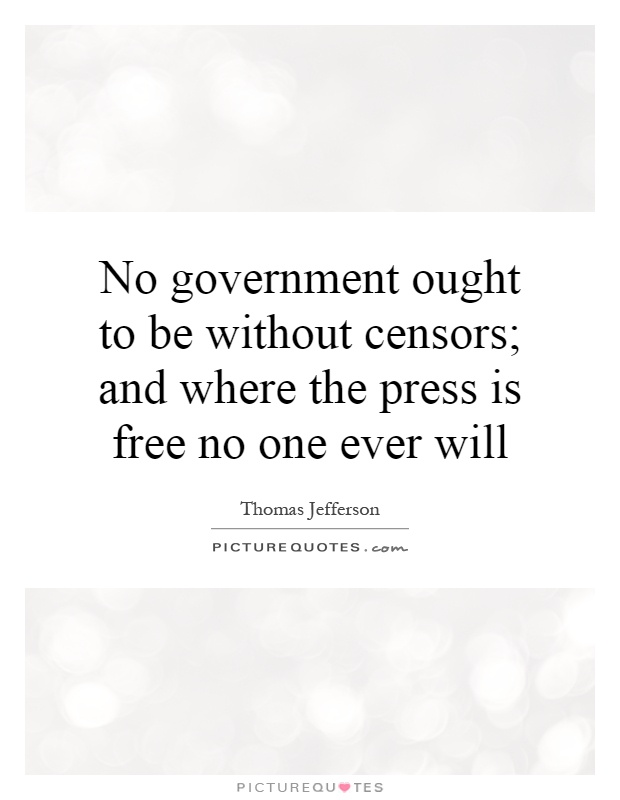
No government ought to be without censors; and where the press is free no one ever will
Thomas Jefferson, one of the founding fathers of the United States and the principal author of the Declaration of Independence, was a strong advocate for freedom of the press. He believed that a free press was essential for a functioning democracy and that it played a crucial role in holding the government accountable to the people. However, Jefferson also recognized the need for some form of censorship in government to prevent the spread of misinformation and protect national security.Jefferson famously said, "No government ought to be without censors; and where the press is free no one ever will." This statement reflects his belief that while a free press is essential for a healthy democracy, there must also be some form of oversight to ensure that the information being disseminated is accurate and not harmful to the public good. Jefferson understood that without some form of censorship, the press could be used to spread false information, incite violence, or undermine the government's authority.
In Jefferson's time, the press played a crucial role in shaping public opinion and influencing political discourse. Newspapers and pamphlets were the primary means of communication, and they were often used to criticize and attack political opponents. Jefferson himself was the target of many vicious attacks in the press, which he believed were motivated by partisan interests rather than a genuine concern for the truth.
Despite these challenges, Jefferson remained a staunch defender of freedom of the press. He believed that a free press was essential for holding the government accountable and ensuring that the people were informed about the actions of their elected officials. Jefferson understood that a well-informed citizenry was crucial for a functioning democracy and that the press played a vital role in providing the information necessary for citizens to make informed decisions.

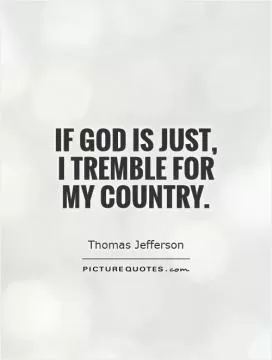
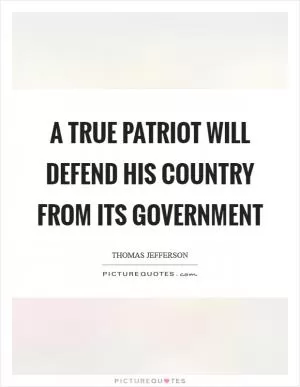
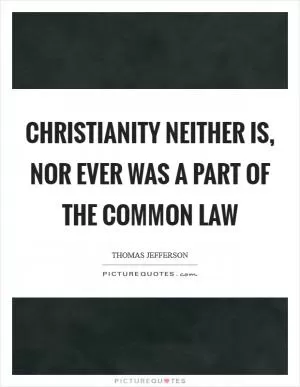
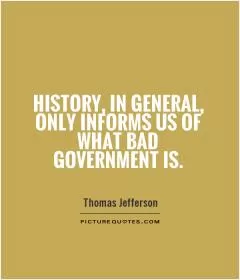
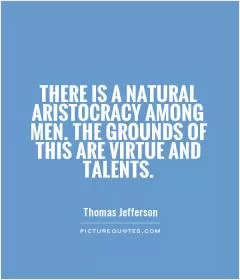
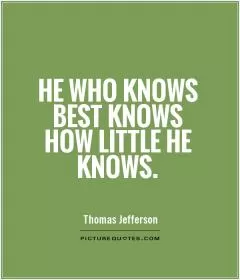
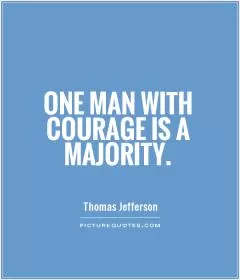
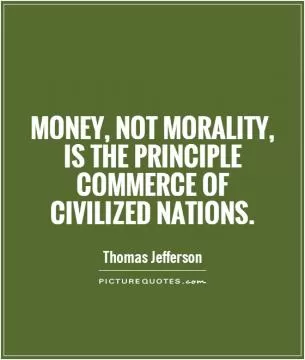
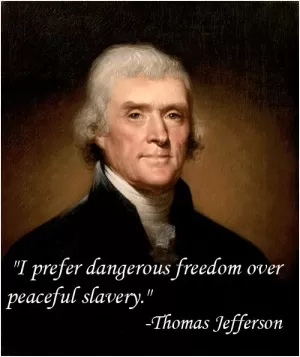
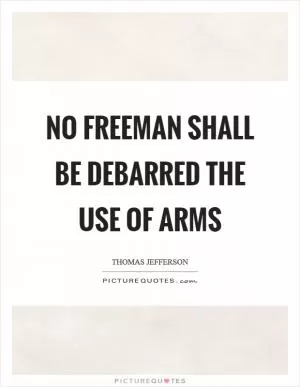
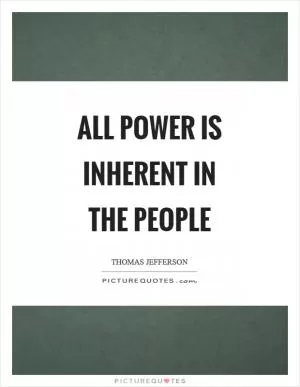
 Friendship Quotes
Friendship Quotes Love Quotes
Love Quotes Life Quotes
Life Quotes Funny Quotes
Funny Quotes Motivational Quotes
Motivational Quotes Inspirational Quotes
Inspirational Quotes